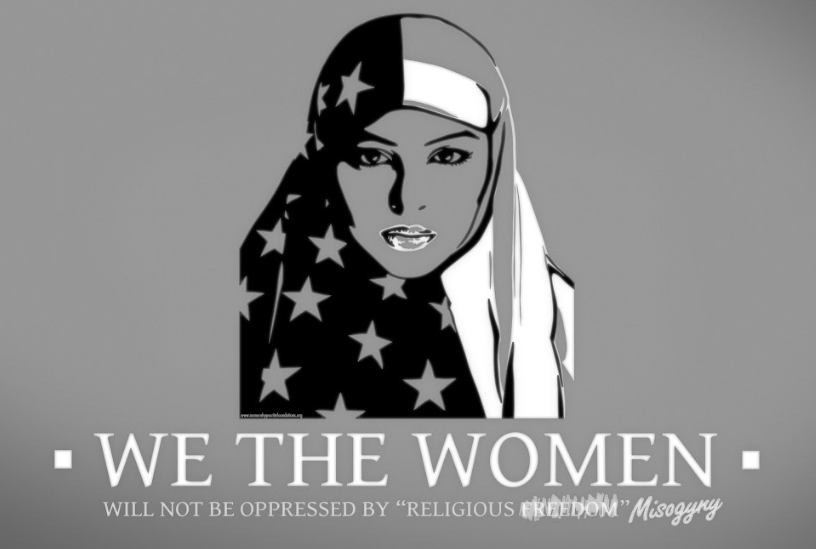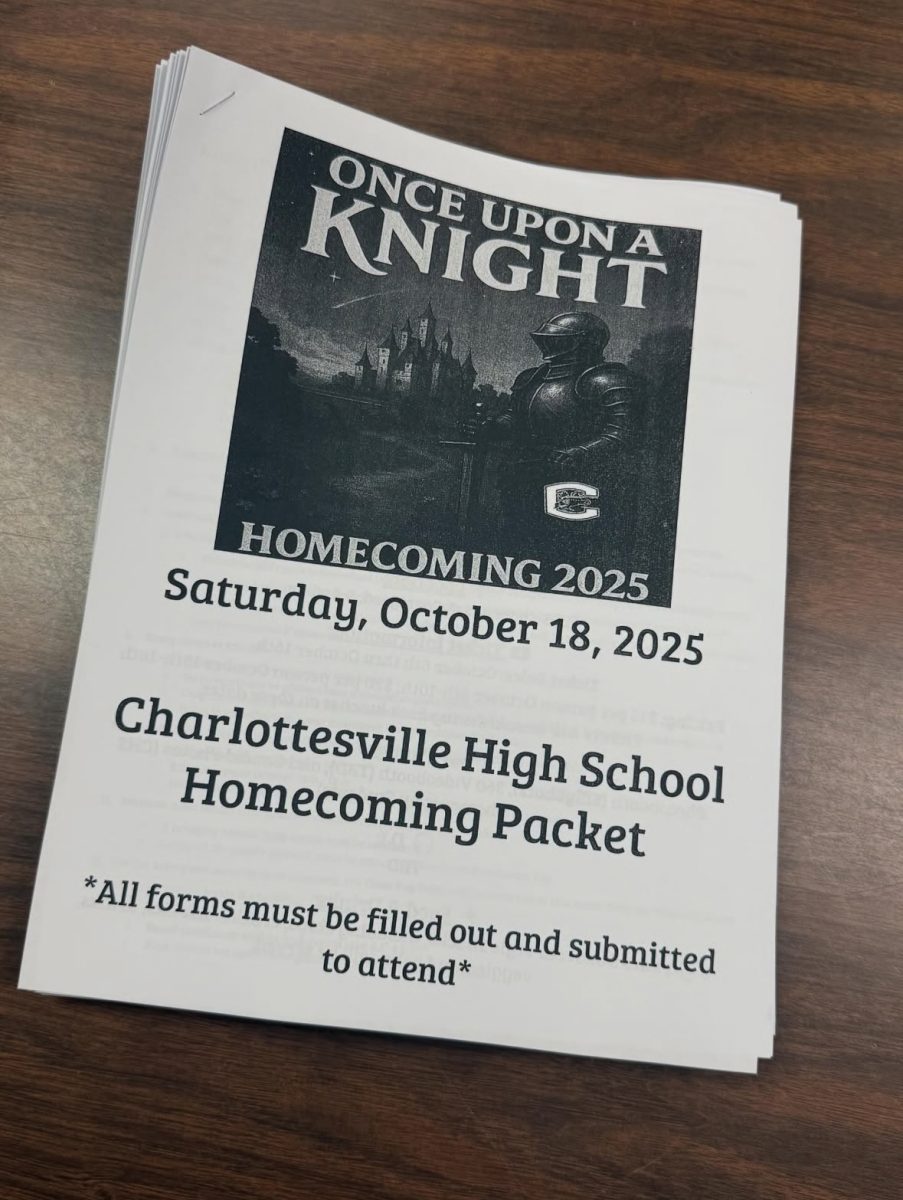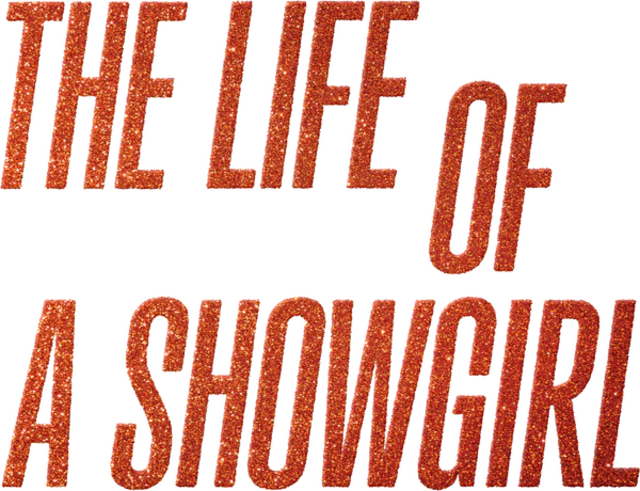Dear White Feminists
We’ve got to talk.
December 7, 2017
Dear white feminists,
It’s time to question your reality. Take a moment to look back on your views and see what you are advocating for and who you are speaking for. Because it isn’t all women.
If you are wondering if this applies to you, review the following: a white feminist is a feminist that doesn’t take into account the intersection of varying issues–feminism that doesn’t appreciate the confluence of feminism and race, vestiges of imperialism, socio-economic status, ableism, non-heterosexual sexualities, non-cisgendered people. “If it’s white, it’s not feminism. It’s either talking about all women, or it’s not,” said Gloria Steinem, like me, and probably like you, a flawed feminist. I know that I am not perfect, and I am still learning, but I’m here to challenge you to learn and change with me, to improve your feminism for the benefit of everyone.
If you think back on the development of feminism, and who we associate with inspiring the change that pushed us towards the freedoms we take for granted today, we think Susan B. Anthony. Virginia Woolf. Hillary Clinton. Rosie the Riveter. We think of the “hero” that is Gloria Steinem. We think of white women. In class, we’re taught about the history of women’s suffrage and feminism solely through the lens of white female activists. Just like American history is taught omitting Native Americans; the history of American democracy is taught omitting political change brought forth by people of color, or omitting the racist views of our “feminist” heroes. In every instance, there is so much more to the story. If you recall–and few do–Susan B. Anthony once stated that “An oligarchy of race, where the Saxon rules the African, might be endured.” Alice Paul put the Black suffragists at the back of the parade. Carrie Chapman Catt, who founded the League of Women Voters, claimed that “White supremacy [would] be strengthened, not weakened, by women’s suffrage.” It is important to note that the many contributions to a movement made by people of color don’t invalidate white people’s additions, nor does it mean your contributions to feminism as a white woman don’t matter. But it does mean that there’s a lot more work we as white women need to do to improve our rhetoric and activism in order to stop the cycle of repeating history. It means that every time we think we are moving forward, we need to stop and make sure we are not leaving entire demographics in the past. And we will only change this by expanding our perspective.
A straight, cisgender, able-bodied, white woman, like me, can be turned away from a job, paid less for her work, and left out of important conversations.
But we will be hired, paid, and included more often than almost any other woman. We see “women,” as a category, earning 78 cents to a man’s dollar. But we fail to see black women earning 65 cents, and Latinas earning barely 58. We say we want to change this, to fix the wage gap, to include our peers in dialogue, but this sector of white feminists who have the power to create change don’t realize that they are only advocating for themselves.
Furthermore, over fifty percent of white women voters cast votes for Donald Trump in the last election. If so many women that identify as looking for change can also identify with a man that is openly bigoted, racist, xenophobic, and misogynistic, what kind of change are they looking for? What progressiveness do they subscribe to–one that places race superiority above the goal of equality? How can change be brought forth by appointing a man who openly sexually harasses and assaults women, and stereotypes and confines entire races, cultures and religious groups into erroneous sectors?
As feminists it is our duty to practice and preach intersectionality. Intersectionality, the “understanding of how women’s overlapping identities — including race, class, ethnicity, religion and sexual orientation — impact the way they experience oppression and discrimination,” is the only way to truly understand what it means to be a feminist. Because straight white women aren’t going to be discriminated against, catcalled, denied opportunities and education, overlooked, or categorized in the same way a black woman would.
First-wave feminism brought a dialogue of economic and social equality. Second- and third-wave feminism moved ideals into politics and sexuality. But we have the opportunity, and the responsibility, of defining feminism in our lifetime. We must define the fourth-wave of feminism as inclusive and intersectional and look inward to honestly recognize what we have to offer to the future.
As white women, we cannot distance ourselves from certain movements, or pick and choose who and what we wish to support within the concept of feminism. We need to recognize the privilege we have, and use to it to help build our sisters and non-binary people up.
White feminists, we cannot move forward without you. White feminists, we cannot inspire change without you. But we cannot move forward with just you either – because without our sisters of color, no one’s moving forward. I encourage you to take a look at what you stand for, and consider the people around you next time you look to change our society. We need to use our privilege to create a platform for and amplify the marginalized.





